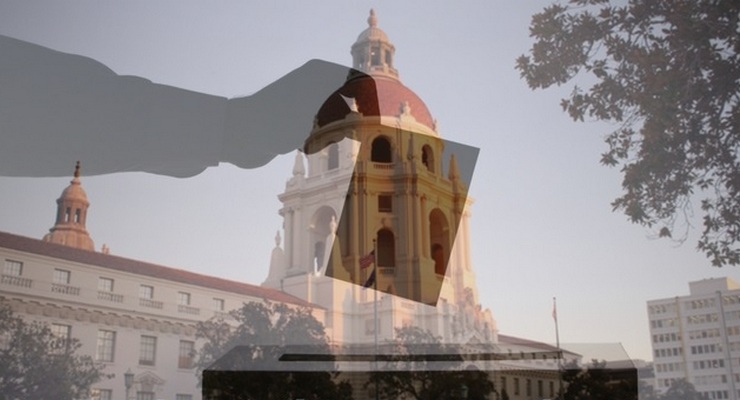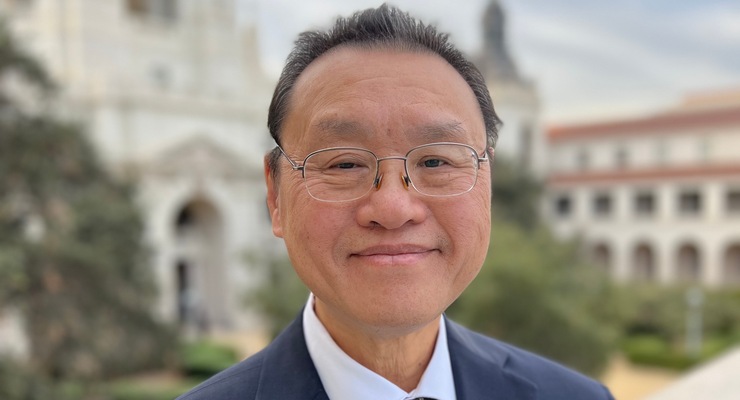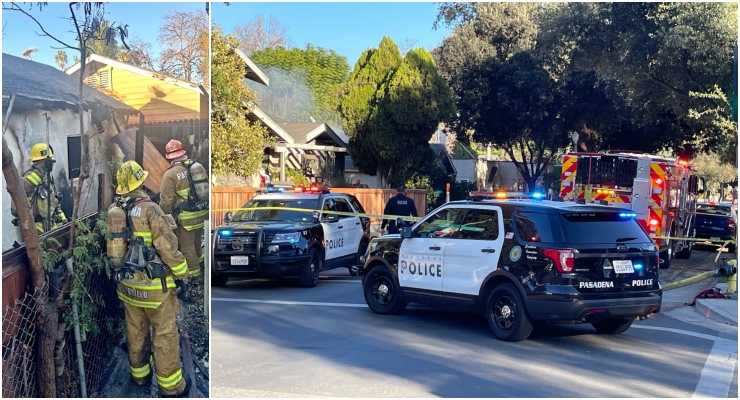With the U.S. Census officially starting in California on April 1, the City Council on Monday night is expected to pass a resolution pledging to monitor the count in Pasadena for potential breaches of confidentiality.
 The council hopes to “bolster confidence in the community that it is safe to respond to the census questionnaire,” said Mayor Terry Tornek in a staff report.
The council hopes to “bolster confidence in the community that it is safe to respond to the census questionnaire,” said Mayor Terry Tornek in a staff report.
“It is essential that there be a complete and accurate count of all households in the City of Pasadena during the upcoming 2020 census,’’ Tornek said.
“Unfortunately, there is a general mistrust of government among various groups of citizens and non-citizens in the immigrant community, as well as other hard to count community members, that may make it difficult to ensure a full count of Pasadena residents.’’
Tornek’s “mistrust” language grows out of a view in many communities that the Trump Administration, widely perceived as anti-immigrant, would use the census as a weapon against undocumented residents. Those fears grew when the administration originally proposed including the question, “Is this person a citizen of the United States?” on the census.
The matter reached the U.S. Supreme Court, which ruled, 5-4, that while the government has the right to ask such a question, it needs to justify its inclusion on the census. Chief Justice John Roberts said there was sufficient reason for concern about why the question would be included.
An undercount could have significantly negative consequences over a wide range of areas, including the potential loss of federal funds for city programs and a reduction of local representation in Congress.
The City Council resolution spells out three general areas of focus for its monitoring. According to Tornek’s memo, if the measure is passed, the Council would pledge:
* To monitor for any breach of census data confidentiality.
* To use the City Council’s collective power and influence to prevent, block, and/or bring an end to any breach of the currently established guarantee and understanding of the confidentiality of data collected as part of the 2020 census.
* To emphasize publicly the critical importance of continued census safety and security.
Specifically, the report said, “the City Council is affirming its commitment to use transparency, publicity, investigation, and/or litigation to challenge any breach or threatened breach in order to ensure that all Pasadena residents can remain assured that personally identifiable census data will not be misused and will remain confidential as required by Title 13 protections.’’
The resolution grew out of a suggestion from Pablo Alvarado of the National Day Laborers Organizing Network, made at the Feb. 10 council meeting. Alvarado suggested to council members that they issue a policy statement in the form of a resolution.
It’s not the first time the council has expressed concerns about a possible undercount in the upcoming census.
At its Jan. 27 meeting, the council passed a resolution accepting a $73,895 grant for Census 2020 education and outreach activities related to the census.
As Pasadena Now reported at the time, the grant is given by the county as an incentive for jurisdictions classified as having geographic areas and demographic populations that are “least likely to respond” or “hard-to-count.”
“The primary and perpetual challenge facing the U.S. Census Bureau is the undercount of certain population groups,” Pasadena Public Information Officer Lisa Derderian, a member of the city’s Census Planning Team, said in January.
“That challenge is amplified in California, where more residents are considered traditionally hard to count. Those include foreign-born residents, renters, individuals living in homes without a broadband subscription, people living close to or below the poverty line, and children younger than 5 years old. An accurate count is one in which every person is counted once, only once, and in the right place,” Derderian added.
The city’s census team was formed over what Tornek previously called a “strong possibility” of an undercount.
The census consists of nine basic demographic questions: who lives in the household; how they are related; their age, sex, and race; whether they own or rent their house; and their phone number.
Nationwide, the census is used to determine allocations for some $900 billion in federal funding for schools, roads and other services.
The census is conducted every 10 years. By April 1, every household in the U.S. is expected to receive invitations to participate. Answers can be provided online, by phone, by mail, or in person.
Pasadena Now’s Donovan McCray contributed to this report.

















